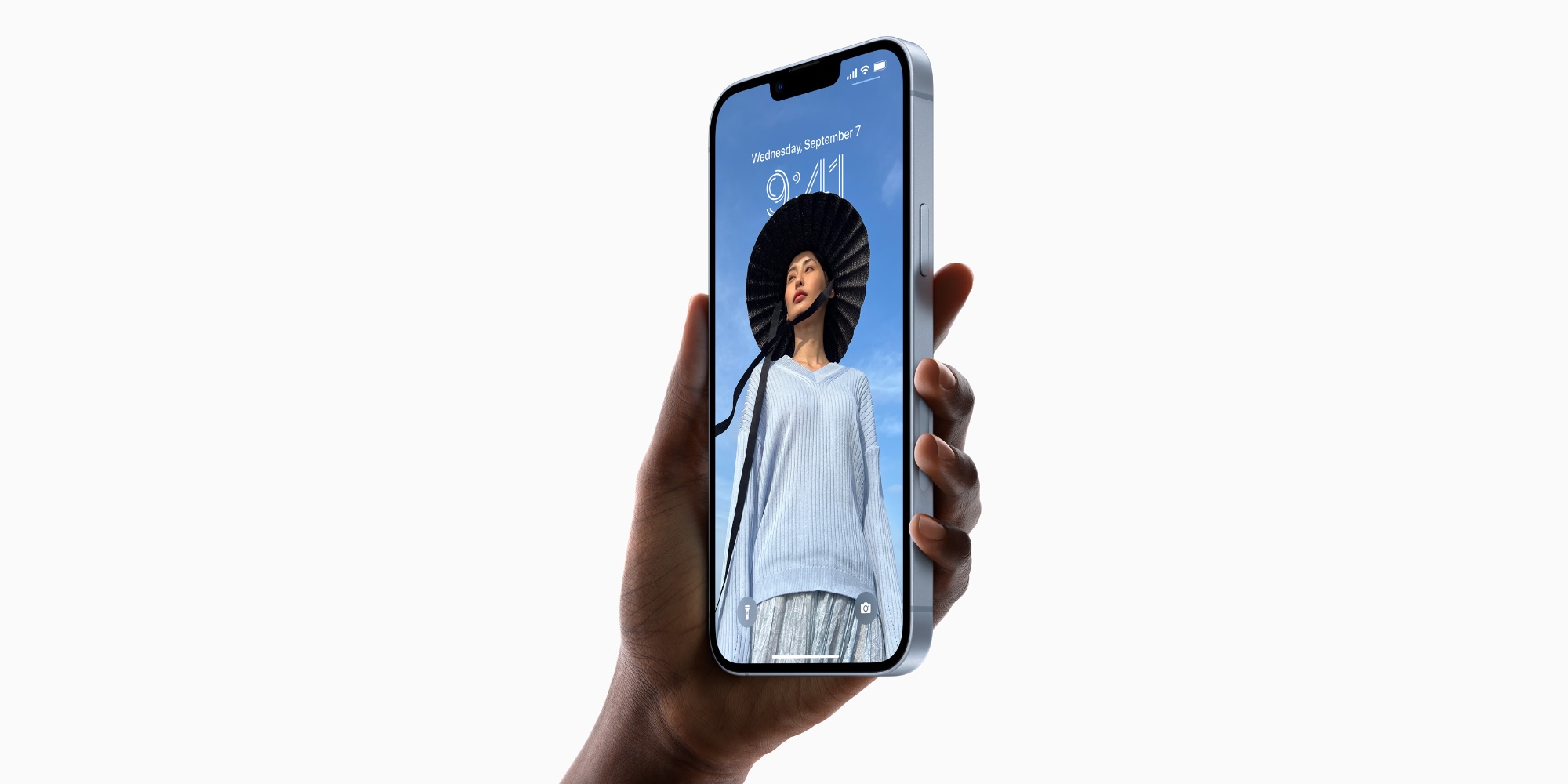
TAMPA, Fla. — Omnispace is exploring how its proposed constellation of more than 600 low Earth orbit (LEO) satellites could help connect phones and other devices subscribed to MTN, Africa’s largest terrestrial mobile network operator.
The companies said March 12 they will use Omispace’s two prototypes in LEO and the medium Earth orbit satellite acquired 12 years ago from bankrupt satellite services firm ICO to test the network, which would use S-band spectrum to keep mobile customers connected outside cell tower coverage.
MTN provides voice, data, and other connectivity services to more than 290 million customers in 19 countries across Africa and the Middle East.
Financial details about their partnership were not disclosed.
Omnispace has announced similar testing agreements with telcos serving India, the Philippines, Sri Lanka, Maldives, and island countries in the South Pacific.
The company also said last month that it had received regulatory permission to provide services across Brazil, following other market access approvals in undisclosed countries across Latin America, Asia, Africa, and the Middle East.
Last year, Omnispace partnered with U.S. geostationary satellite operator Ligado Networks to access its L-band spectrum in the United States and Canada, which like S-band is permitted to provide Mobile Satellite Services (MSS) to ground devices. Those plans are separate from Ligado’s efforts to use L-band terrestrially for a 5G network bogged down with interference concerns.
Omnispace has told the Federal Communications Commission it expects to provide initial services in 2026 with 300 LEO satellites.
“We have already completed much of the design and confirmed its viability with vendors,” Omnispace chief corporate development officer Jay Yass told SpaceNews March 12 via email.
“You will hear more about the status of those activities and the constellation plan later this year.”
Direct-to-device milestone
The FCC is due to vote on a regulatory framework March 14 for allowing satellites to use radio waves from terrestrial mobile operators to keep their smartphone users connected.
Ground rules for Supplemental Coverage From Space (SCS) could inspire similar action in other countries, marking an important milestone for constellation developers SpaceX, Lynk Global, and AST SpaceMobile as they rack up spectrum partnerships with terrestrial telcos worldwide.
Mindel De La Torre, Omnispace’s chief regulatory and international strategy officer, said she was encouraged to see the FCC move to downgrade SCS to being a secondary service, instead of initial plans that would have given it a co-primary allocation.
Operating on a secondary basis would mean SCS MSS operators must immediately cease operations if they interfere with companies that have a primary allocation, whether they are terrestrial or satellite operators.
“While this may create a level of uncertainty for the SCS operations as they are not operating consistently with global allocations for MSS, this gives assurance to companies like Omnispace, which operate consistently with the global allocations,” she said.
However, De La Torre said the company is still concerned about spectrum interference from SpaceX if that company is allowed to use T-Mobile’s spectrum for direct-to-smartphone services in the United States.
“We remain concerned that the SpaceX/T-Mobile SCS plan to use an MSS uplink as a powerful satellite downlink will cause harmful interference to Omnispace’s existing and planned NGSO systems,” she added, “and have made those concerns clear to the FCC.”
Before joining Omnispace, De La Torre was chief of the FCC’s International Bureau, which oversaw space matters before carving out a dedicated Space Bureau last year.
Jason Rainbow writes about satellite telecom, space finance and commercial markets for SpaceNews. He has spent more than a decade covering the global space industry as a business journalist. Previously, he was Group Editor-in-Chief for Finance Information…
More by Jason Rainbow
Note: This article have been indexed to our site. We do not claim legitimacy, ownership or copyright of any of the content above. To see the article at original source Click Here














